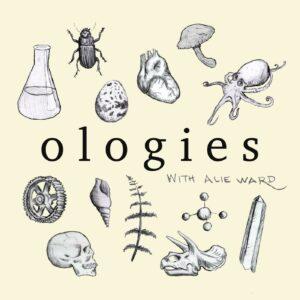
In this episode of Ted Talks Daily, Nicos Marcou explores the flaws of traditional resumes and discusses alternative methods for assessing candidates in the hiring process. He highlights the limitations of resumes and the potential for discrimination and bias. Marcou suggests that employers should embrace alternative assessment methods to create a more equitable workplace and find the best talent.
Traditional resumes have significant limitations in accurately capturing the potential of candidates. Even individuals with exceptional talents, like Leonardo da Vinci, would struggle to showcase their abilities through a resume. Despite their widespread use, there is little evidence to support the effectiveness of resumes in the hiring process. Additionally, the reliance on AI bots to scan resumes for keywords often results in qualified candidates being rejected before they even reach a human reviewer. Machine learning algorithms are still far from being able to predict candidate success accurately. The subjectivity surrounding what makes an ideal resume further complicates the assessment process.
To overcome the limitations of traditional resumes, employers should consider alternative assessment methods. Online skills assessments, portfolios of work, video testimonials, simulations or situational assessments, and gamification of the hiring process offer more comprehensive insights into candidates’ abilities and potential. By embracing these alternative methods, employers can create a more diverse and equitable workplace while attracting a better talent pool.
Hiring the wrong person can have significant financial implications for organizations. It can cost nearly 30% of the annual salary of the hired individual, not to mention the time and resources invested in training them. By adopting alternative assessment methods that provide a more accurate representation of candidates’ skills and fit within the organization, employers can minimize the risk of costly hiring mistakes.
Creating an inclusive workplace requires building trust and fostering a culture of belonging. By offering different options for people to apply, organizations can allow candidates to customize their experience and present themselves in the best possible way. This approach promotes diversity and ensures that individuals from various backgrounds have an equal opportunity to showcase their skills and potential.
It is crucial for employers to recognize that there are better alternatives to traditional resumes. Relying solely on resumes for assessment perpetuates outdated practices and limits the potential for finding the best talent. By embracing change and exploring alternative assessment methods, organizations can adapt to the evolving nature of work and create a more effective and equitable hiring process.
Traditional resumes have significant limitations in accurately assessing candidates’ potential and fit within an organization. Employers should embrace alternative assessment methods that provide a more comprehensive understanding of candidates’ abilities. By doing so, organizations can create a more diverse and inclusive workplace while attracting the best talent.